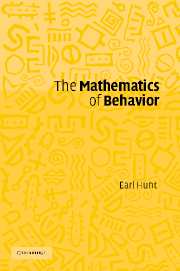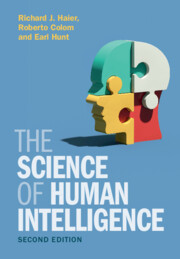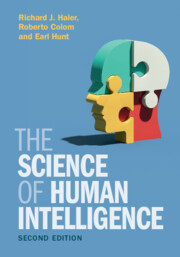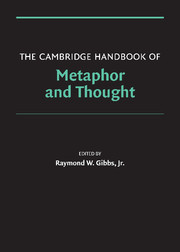The Mathematics of Behavior
Mathematical thinking provides a clear, crisp way of defining problems. Our whole technology is based on it. What is less appreciated is that mathematical thinking can also be applied to problems in the social and behavioral sciences. This book illustrates how mathematics can be used to understand human and animal behavior, using examples in psychology, sociology, economics, ecology, and even marriage counseling.
- Application of mathematics to fields where, in one student's words, 'I had no idea that mathematics could be used in this way'
- Liberal use of graphics as well as equations to illustrate points
- Examples ranging from economic issues to modeling interactions between partners in a marriage
Reviews & endorsements
"In summary, this book represents an interesting, if mathematically daunting, show of force strongly suggesting the pursuit of formal mathematical thinking in behavioral science research and inclusion of expanded mathematical requirements and skill acquisition for behavioral science students. The book would serve well as a senior undergraduate text or introductory graduate text for courses in mathematics in psychology. I would also recommend it to all behavioral scientists, regardless of their math proficiency levels. It will serve as a pleasant intellectual walk through a park for the former and a healthy jog through the forest for the latter" - David Nussbaum, PsycCritiques
"A fairly comprehensive survey of experimental psychology... A good introduction to a contentious subject at an appropriate level. A good survey of much of experimental psychology. It is also of interest to anyone pursuing the mathematics of psychology and to a lesser extent political science."
James M. Cargal, Troy University for The UMAP Journal
Product details
October 2006Hardback
9780521850124
356 pages
235 × 158 × 23 mm
0.6kg
14 tables
Available
Table of Contents
- 1. Introduction
- 2. Applying probability theory to problems in sociology and psychology
- 3. From physics to perception
- 4. When systems evolve over time
- 5. Non-Linear and chaotic systems
- 6. Defining rationality - personal and group decision making
- 7. How to evaluate evidence
- 8. Multidimensional scaling surveying the geography of the mind
- 9. The mathematical models behind psychological testing
- 10. How to know you asked a good question
- 11. The construction of complexity: how simple rules make the complex organizations
- 12. Connectionism: computation connects mind and brain
- 13. L'Envoi
- References
- Index.








